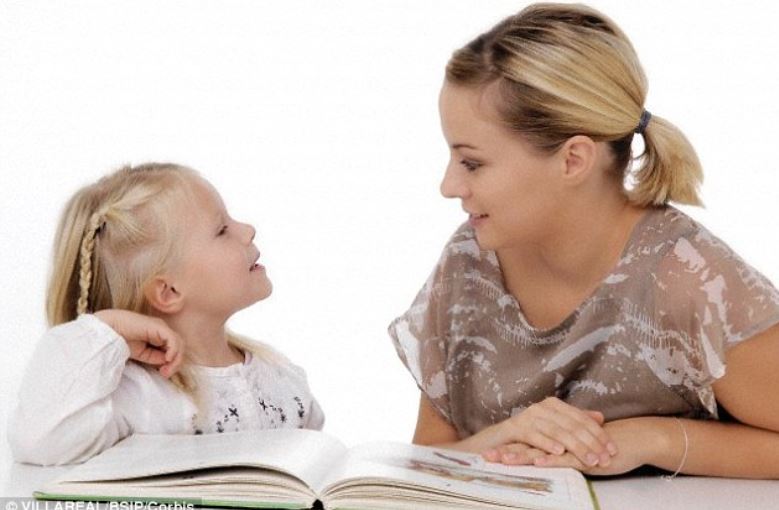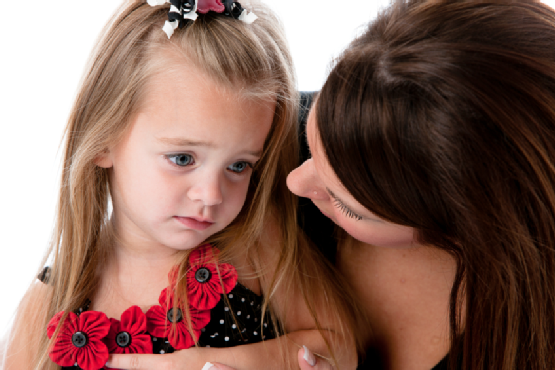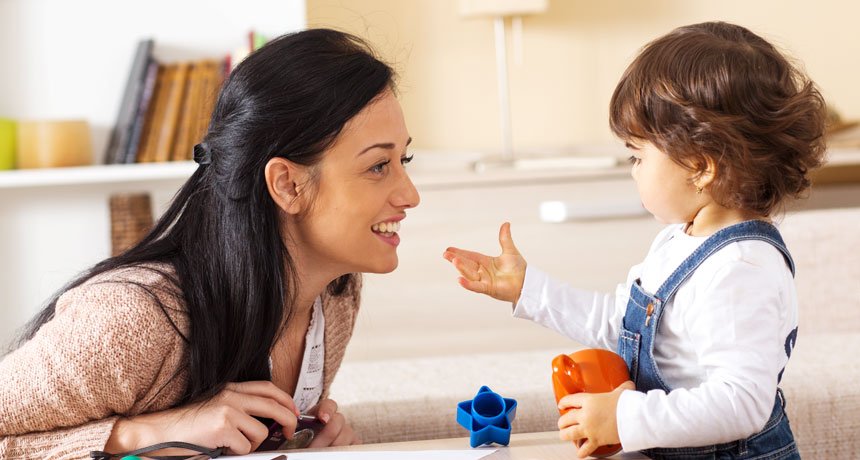How to make your kids mentally and emotionally strong
-How to make your kids mentally and emotionally strong.Teaching them to replace negative thoughts with more realistic thoughts
–Helping them learn to control their emotions so their emotions don’t control them
-Showing them how to take positive action
How to make your kids mentally and emotionally strong.We all know that children learn to identify, values, people, character, behaviour, communication, reaction on any situation, dealing with negative thoughts from their surrounding people, through interactions with their parents.
Thus, how you communicate with your children is critical to the formation of their identity and to a large extent determines how secure their sense of self and self-esteem are.
Here are traits of healthy families that allow children to develop into independent, functional and emotionally strong adults:
How to make your kids mentally and emotionally strong.There are many parenting strategies, discipline techniques, and teaching tools that help kids build mental muscle. Here are 14 strategies that will help your child develop the strength he needs to become a mentally strong adult.
#1 Discipline and punctuality
How to make your kids mentally and emotionally strong.Discipline and punctuality are two most essential behaviour required for a successful life. Discipline and punctuality make your kids a confident in doing day today activity. Your kids will be not only in the good books of their teachers relatives but also become a source of inspiration for his/her fellow schoolmates. Those kids are appreciated time to time, that helps them to build a confident and happy life. You should help your child to recognise why his/her behaviour was wrong or right also make them aware of the consequences of their actions.

How to make your kids mentally and emotionally strong
#2 Give them freedom of speech
Generally, secrets and no-talk rules are common in dysfunctional families. It is suggested to allow your child to talk what they think what they observe, give them freedom to express thoughts and their observations. Kids used to talk randomly anything, don’t stop them, let them talk and express their feelings and emotions. Yes, but Correct them if required.

#3 Let your child commit mistakes
You must have heard this phrase “To err is human” so applied for kids. Mistakes are part of the learning process, let your child learn from their mistakes. Make sure they don’t feel ashamed or embarrassed for doing something wrong but teach them how to correct mistakes or their behaviour and talk about how to avoid repeating the same mistake next time. Help them to learn how to identify right and wrong things.

#4 Give them importance
Giving them importance means that you listen and take them seriously, which communicates that who they are and what they think and feel have worth and merit. You don’t have to agree with what they say, but listening to understand shows that you respect them.

#5 Make learn about self respect and self esteem
Make your kids understand the difference between two concepts, i.e. To esteem anything is to evaluate it positively and hold it in high regard, but evaluation gets us into trouble because while we sometimes win, we also sometimes lose. To respect something, on the other hand, is to accept it. Train your kids to maintain their self esteem and protect self respect. Speak to your children with courtesy. Avoid criticism, which is destructive to self-esteem. Remember when you treat your child with respect, they will treat others with respect and expect the same in future relationships.

#6 Accept your children’s feelings
Children’s feelings are often intense. They can be quickly taken over by feelings of excitement, frustration, fear or joy. When feelings take over children’s behaviour, they can find it difficult to manage and express weirdly, accept your child’s behaviour, expressions and feelings. You should learn how to recognise and manage feelings which is a very important part of children’s social and emotional development. They need your help kids to manage their feelings, both negative and positive. Make them learn to recognise the labels of feelings like happy, sad, excited, frustrated, angry, embarrassed, surprised, etc. and help them to deal with such feelings and emotions.

#7 Respect your children’s boundaries
Respecting children’s thoughts and feelings is a way of respecting boundaries. Verbal abuse and attacks violate their boundaries, as does unwanted touch and sexual exposure or intimacy. This also includes tickling beyond a child’s comfort level. Additionally, children’s property, space, and privacy should be respected. Reading their mail or diary or talking to their friends behind their back are off-limits.

#8 Let them earn what they want
Let them work for it. Whatever it is they desire, make sure they are required to put forth a little effort and endure some type of sacrifice to get it. Whether it’s giving up free time to earn extra money for a purchase, or putting in extra training to make the cross country team, work yields rewards. The sooner your children internalise this truth, the better equipped they’ll be to overcome obstacles and achieve.

#9 Encourage Your Child to Face Fears Head-On
How to make your kids mentally and emotionally strong.If your child avoids anything scary, she’ll never gain the confidence she needs to handle feeling uncomfortable. Whether your child is afraid of the dark, or she is terrified to meet new people, help your child face her fears one small step at a time. Cheer her on, praise her efforts, and reward her for being brave and she’ll learn that she’s a capable kid who can handle stepping outside her comfort zone.

How to make your kids mentally and emotionally strong
#10 Share your experiences with them
Share lessons from your own life. Whether it’s a challenge you had to overcome in school or your professional life, your own stories of rising to the occasion will be a source of inspiration for your kids. As they grow older, you may be able to share with them about struggles you’re currently facing, and which life tools—like faith, hard work and optimism—are getting you through.

How to make your kids mentally and emotionally strong
#11 Build Character
Kids need a strong moral compass to help them make healthy decisions. Work hard to instill your values in your child. Create opportunities for life lessons that reinforce your values regularly.
For example, emphasize the importance of honesty and compassion, rather than winning at all costs. Children who understand their values are more likely to make healthy choices—even when others may disagree with their actions.

#12 Appreciations and celebrations
Celebrate the “victories”. The development of your kids’ character and toughness will often take place in moments where things don’t go as planned. It may take weeks, months or years for them to recognize how they grew and what they learned, but talk about it and celebrate those strides just like you do the obvious “wins”.

How to make your kids mentally and emotionally strong
#13 Affirm Personal Responsibility
Building mental strength involves accepting personal responsibility. Allow for explanations—but not excuses when your child makes a mistake or misbehaves. Correct your child if he tries to blame others for how he thinks, feels, or behave.

#14 Teach your kids to take positive action
How to make your kids mentally and emotionally strong.Thinking realistically and feeling good are only half the battle. Kids also need to take positive action. Unfortunately, many parents are quick to rescue kids from their struggles. Or they micromanage their daily activities. And consequently, kids don’t learn to make healthy choices on their own.

Taking positive action means facing their fears, persevering when they’re tired, and acting according to their values—even when it’s not the popular thing to do. Kids who trust they can act contrary to their feelings and they can tolerate being uncomfortable will have a competitive edge in everything they do in life.
One thing is clear, kids don’t learn how to be moral from reading about it in textbooks but from day to day living. So become a living textbook to your children of good moral living.
If you like the article, share this article with your friend and family and help them to make their children grow mentally and emotionally strong.






